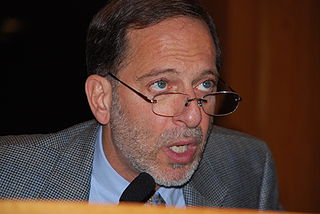A Quote by Albert Camus
Related Quotes
You had to form for yourself a lucid language for the world, to overcome the battering of experience, to replace everyday life's pain and harshness and wretched dreariness with - no not with certainty but with an ignorance you could live with. Deep ignorance, but still a kind that knew its limits. The limits were crucial.
It is a dangerous and fateful presumption, besides the absurd temerity that it implies, to disdain what we do not comprehend. For after you have established, according to your fine undertstanding, the limits of truth and falsehood, and it turns out that you must necessarily believe things even stranger than those you deny, you are obliged from then on to abandon these limits.
. . . an absurd problem came to the surface: 'How COULD God permit that (crucifixion of Jesus Christ)!' . . . the deranged reason of the little community found quite a frightfully absurd answer: God gave his Son for forgiveness, as a SACRIFICE . . . The SACRIFICE FOR GUILT, and just in its most repugnant and barbarous form - the sacrifice of the innocent for the sins of the guilty! What horrifying heathenism!
If there's something else already out there in the universe, it would almost certainly have puts limits on our growth of intelligence. And the reason it would have put limits on us is because it doesn't want us to grow so intelligent that we would one day maybe take away their superpowered intelligence. Whatever advanced intelligence evolves, it always puts a roadblock in the way of other intelligences evolving. And the reason this happens is so nobody can take away one's power, no matter how far up the ladder they've gone.
If you and I go into a store to rob it, and I say "shoot," that's not protected. Like all judicial decisions and legislation, this leaves plenty of gray areas, including many of great significance that are rarely discussed: advocacy of imminent war crimes, such as aggression, for example. I think we would all agree that such speech should be protected, despite the often horrific consequences, but it's worth noting that that stretches the doctrine to its limits.





































